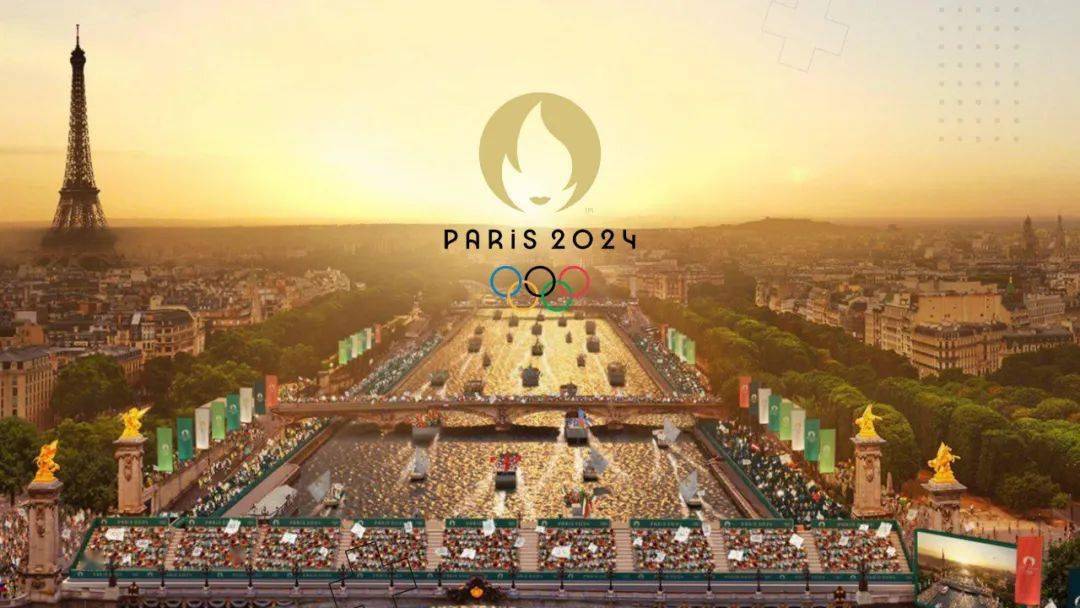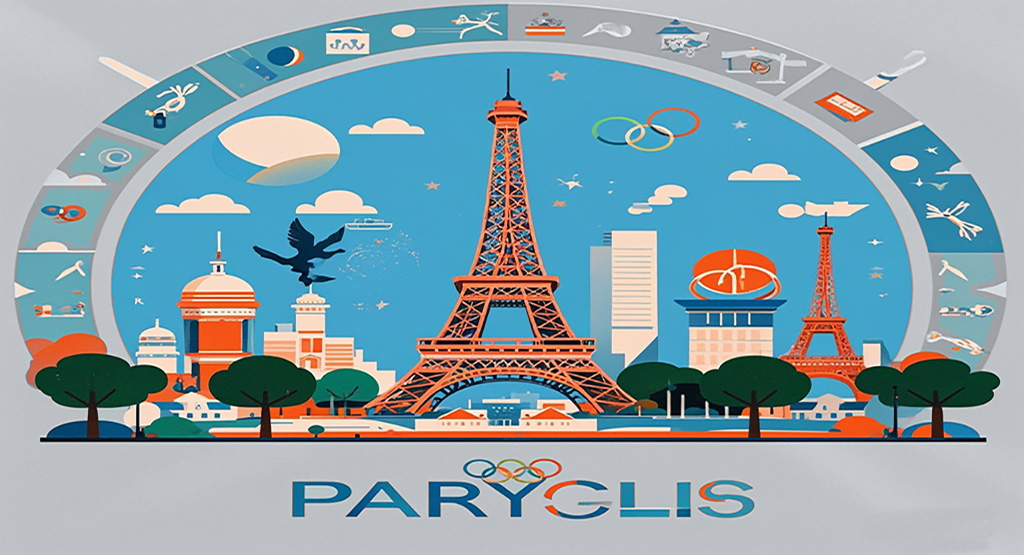Paris Olympics: A New Feast of Fusion of Technology and Sports

The 2024 Paris Olympics is destined to become a milestone event in the history of the Olympics, not only because of the fierce sports competitions, but also because of the large number of technological innovation elements contained in it, which has attracted the attention of the whole world.
From pre-match training to official competitions, from athlete equipment to event broadcasts, from venue facilities to audience experience, the power of technology is everywhere, and chip technology plays an extremely critical role in it.
During the pre-match training stage, China's scientific and technological achievements shined. The Chinese National Basketball Team cooperated with SenseTime to create an AI smart basketball product based on the "Daily New Sensenova5.5" large model technology. The chip computing power behind it supports the construction of a three-dimensional model of the venue and a 3D motion capture algorithm, and real-time analysis of the movement status of each athlete and the movement trajectory of the basketball, so that coaches and athletes can quickly get accurate data feedback to improve training efficiency and improve competitive strategies. Baidu developed an AI-assisted training system for the Chinese National Diving Team based on Baidu's big model technologies such as Wenxin Yiyan. The chip helps the system understand and execute complex instructions, and gives real-time scores and precise quantitative analysis of diving movements. Olympic champions Quan Hongchan and Chen Yuxi have benefited from it. The chip makes these complex calculations and data processing possible. Lenovo's built-in personal intelligent body "Xiaotian" in the AIPC helps the Chinese National Sailing Team to develop training plans and analyze body movements and movement trajectories, and its internal chip is the core of intelligent computing.
At the competition site, chip technology is deeply integrated into various facilities and equipment. For example, in the table tennis competition, the table tennis table provided by Guangzhou Shuangyu Sports Goods Group Co., Ltd. uses a variable lighting system with its own chip. The changes in the light can be controlled by mobile phones or remote controls, bringing better visual effects to the competition and broadcasting. At the same time, the table tennis itself has also been strictly screened, and the company has set up 15 factory checkpoints, and the quality monitoring system behind this is also inseparable from the support of the chip.
In football matches, a chip is implanted in the football liner provided by a sports goods manufacturer in Huai'an, Jiangsu. It can perform 500 recognition actions in 1 second. Through real-time sensing of sensors, it can cooperate with body tracking technology to assist in judging whether athletes have handballs, offsides, etc., greatly improving the accuracy of referee penalties and the fairness of the event. These chips are not only simple electronic components, but also key technical carriers to promote the fairness and viewing of football matches.
In weightlifting, the barbells of Hebei Zhangkong Barbell Manufacturing Co., Ltd. may also use chip-related technologies in the quality inspection and precision control of the production process to ensure the equipment is foolproof. In judo and wrestling, the judo mats produced by Shandong Taishan Sports Equipment Co., Ltd. use smart chips and flexible piezoelectric film technology for the first time. It can collect information such as sports strength, speed, trajectory, etc. according to the needs of athletes and coaches in real time, providing more intuitive and accurate guidance for training and competitions.
In terms of event broadcasting, Alibaba Cloud has become the designated cloud service provider for the Paris Olympics. Its AI-driven cloud computing technology realizes cloud-based competition and cloud-based broadcasting through powerful data processing chips and advanced algorithms. For example, the high-freedom playback "bullet time" tested in the Olympic qualifying competition can make the broadcast screen realize the slow-motion freeze-frame screen of science fiction movies, presenting high-freedom playback to the audience. SenseTime will also provide intelligent event broadcasting technology in table tennis and archery.
Chips are also playing a role in the peripheral security of the Olympics, such as transportation. Toyota provided more than 2,650 electric vehicles and 700 "last mile" solutions for the Olympic Games. The intelligent control system, automatic driving assistance and other technologies in the vehicles are all realized by chips. Intel used AI technology to build a 3D model of the US team's training center in Paris and the headquarters of the International Paralympic Committee in Bonn, Germany, so that the visually impaired can use mobile phone applications for indoor voice navigation, and the chip in the mobile phone is the basis for realizing this function.

The Paris Olympics is not only a stage for athletes, but also a stage for the display of scientific and technological strength. As the underlying technical support, chips have demonstrated a strong ability to promote integration from athlete training to competition, from the audience's viewing experience to all aspects of the event. It can be foreseen that with the continuous development and progress of science and technology, future Olympic Games and sports events will be more closely integrated with technologies such as chips, creating more amazing application scenarios and more outstanding event experiences. The Paris Olympics is just an important node and a new starting point in this great process. It will inspire scientific and technological workers and sports workers around the world to continue exploring and moving forward, and jointly write a new chapter in the integration of science and technology and sports.




 Need Help?
Need Help?







